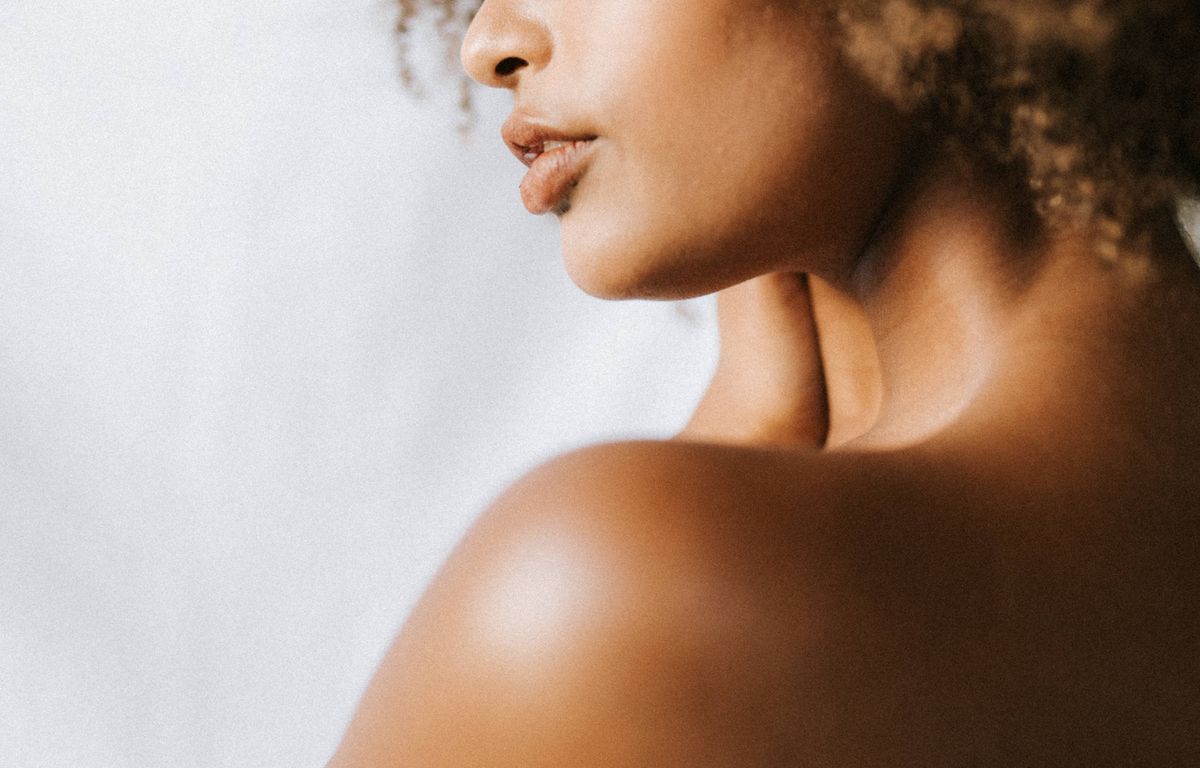
To sort out fact from fiction on beauty advice and “beautiful skin” tips, 20 minutes consulted the doctor and cosmetic surgeon Alexandre Koutsomanis. As well as Stéphanie Soulé, doctor in Life and Health Sciences, also responsible for scientific communication for the skin care brand Typology.
Drink water to fight acne
Fake. Drinking water is a good idea to stay hydrated, but it is not the solution to eradicating your pimples. Because as Doctor Alexandre Koutsomanis explains: “Acne is a skin problem that can be treated medically.”
You can completely close your pores
Fake. A pore expands, or even retracts, “but does not close completely,” explains the doctor. Also forget about steam baths which open your pores, this is a false belief. “They will rather liquefy the sebum accumulated in the pores and encourage their flow, giving the impression that the pores have shrunk,” corrects Stéphanie Soulé.
The sun is good for the skin
Fake. It’s even the opposite, the sun is bad for the skin. And even though it helps produce vitamin D, it is a false friend that can also be the cause of certain skin cancers. This is also what doctor Alexandre Koutsomanis says: “The sun is not good for the skin, it is UV and it accelerates the aging of the skin”. To protect yourself, Stéphanie Soulé recommends “using a broad-spectrum sunscreen with an SPF of at least 30 every day.”
Acne is caused by poor lifestyle
Fake. The doctor is categorical, the real cause of acne is “hyper production of sebum which will lead to micro-infections due to a bacteria that we have on the skin, called propionibacterium acnes”. It is in reality this microbe which will generate small folliculitis, or even micro-abscesses. Nothing to do with your soda.
The baking soda + lemon mixture is good for blending hyperpigmentation spots
It’s wrong. The mixture has no “real effectiveness on pigment spots”, says the doctor. In the worst case, this grandmother’s recipe can even “harm the skin”, warns Stéphanie Soulé. The latter claims that this mixture will “increase the skin pH” and “disrupt the barrier function of the skin”, which can cause irritation and the appearance of spots.
“The first effectiveness is anti-UV protection,” insists Doctor Koutsomanis. But in addition to this, there are other much more effective treatments such as certain lasers, LED lamps or even peelings.
To no longer have dark circles, you just need to sleep better or more
Fake. There are several reasons for the appearance of dark circles, including genetics which is the most important factor, explains Typology’s scientific communications manager. If this is the case for you, sleeping as long as possible won’t change anything. In the most advanced cases, surgeries such as lower blepharoplasties can help, explains Alexandre Koutsomanis.
Black skin doesn’t need sunscreen
Fake. Certainly, black skin has a lower risk than light skin of developing skin cancer thanks to their higher melanin content, but they are not spared from the effects of the sun, warns Stéphanie Soulé. Sun protection is therefore mandatory for everyone, because “the cells of this skin are also sensitive to oxidative stress from UV rays”, underlines the doctor.
You can change the nature of your skin type
Fake. “You cannot change the nature of your skin type,” says Alexandre Koutsomanis. On the other hand, you can fight against dry skin if you have dry skin or regulate your sebum production if you have oily skin. But unfortunately, we will always have a tendency towards this same skin type.
Stéphanie Soulé specifies, however, that external factors (climate), age, or hormonal variations (menopause, pregnancy, puberty, menstruation, etc.) can affect or even modify the nature of the skin type.
You should never pop your pimples
TRUE. At the risk of creating additional inflammation. But there is one exception to the rule: pimples with a white head. These can be pierced using a sterilized needle to drain the pus. “It allows the abscessed follicle to heal more quickly,” says the aesthetic doctor.
Washing too much is bad for the skin
TRUE. Washing too often can cause skin dryness and irritation. This can also “allow bad bacteria to penetrate through damaged skin,” warns Stéphanie Soulé before continuing: “dermatologists recommend washing once a day.”
The instructions are the same for hair, which should not be washed daily, unless it is very oily.
